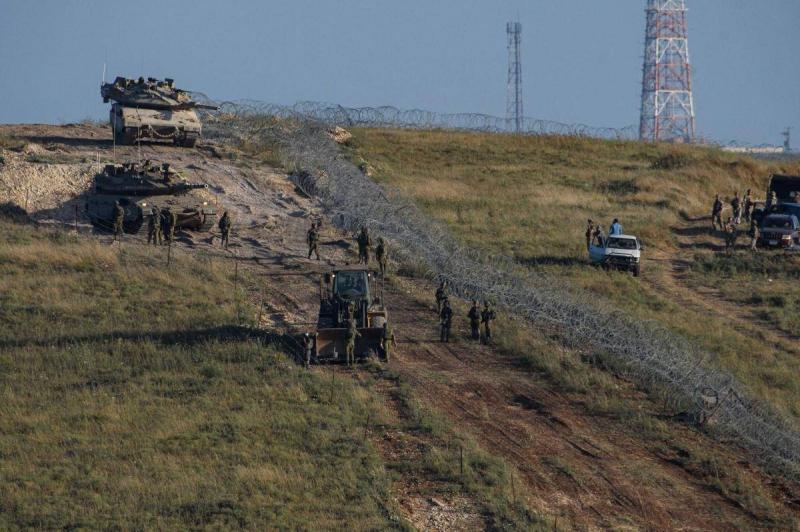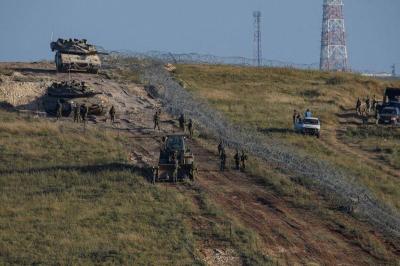Despite the preoccupations of U.S. President Joe Biden's administration with the presidential elections, France with the second round of parliamentary elections, and Iran with the critical round of the presidential election, regional and international efforts and initiatives toward Lebanon are intensifying. The aim is to produce a diplomatic solution that halts the open confrontations at the southern border between Hezbollah and the Israeli army. This is happening amid increasing concerns about an explosion if no agreements are reached and leaks regarding Israel's intention to launch a broad attack on Hezbollah, as reported by "Al-Jarida".
#### Paris Meeting
The Lebanese file is set to be discussed in Paris during a meeting between American envoy Amos Hochstein and French presidential envoy Jean-Yves Le Drian. The two men will discuss ways to cooperate to reach agreements that implement Resolution 1701, thereby preventing a wider war.
In parallel, there has been intensified German activity toward Lebanon, which began with the visit of the German foreign minister to Beirut. This was followed by a visit from the head of intelligence who met with Hezbollah's Deputy Secretary-General Sheikh Naeem Qassem, during which discussions revolved around possible arrangements in the south.
According to information, Hezbollah reiterated that the southern front is linked to a ceasefire in Gaza, after which discussions about a political or diplomatic agreement could take place.
#### Mikati's Optimism
At the same time, caretaker Prime Minister Najib Mikati remains assured by the data and information he possesses, expressing optimism about the possibility of reaching political agreements that could lead to long-term stability. He believes that all threats and warnings fall under the category of intimidation and psychological warfare, especially after U.S. Secretary of State Antony Blinken's clear statement that both parties, Hezbollah and Israel, do not want war.
Amid these efforts, Paris has begun coordinating with Lebanon to draft a renewal of the United Nations Interim Force in Lebanon (UNIFIL), amid information confirming that the formula adopted last year will be used. There are expectations of Israeli objections and calls for an expansion of powers or the adoption of Chapter VII, but this does not seem feasible. Meanwhile, some suggest extending the mandate of these forces for six months instead of a year.
Lebanon is awaiting all these initiatives, considering the successful experiences of Iran and Hezbollah regarding the efforts of the Hochstein-Germany-Qatar triad. Hochstein succeeded in demarcating maritime borders and continues to have success in containing the escalation and convincing Israelis not to launch a large-scale war on Lebanon.
Unlike Gaza, where disagreements surround the aftermath, in Lebanon, there can be recourse to Resolution 1701 and the "April Understanding" of 1996 as references for any framework agreement. The only difference with Hochstein lies not in the terms of his initiative and its details but in the timing of its implementation, which Hezbollah desires after the cessation of the Gaza war.
Berlin also has a successful track record in overseeing indirect negotiations on many occasions between Hezbollah and Israel, including the prisoner exchange deal following the July 2006 war and its role in UNIFIL. Qatar has also had successful experiences with Hezbollah, ranging from the reconstruction of the south and Dahiyeh after the 2006 war to the Doha Agreement, with many successful experiences with Iran, particularly regarding nuclear issues or coordination with the United States, according to "Al-Jarida."




